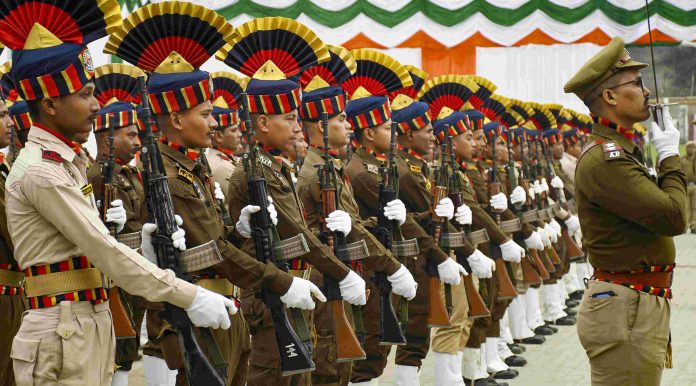India’s Republic Day, celebrated every 26th of January, is not just a reflection of the nation’s democratic spirit, but also an occasion for strengthening bilateral relations. One of the most significant traditions surrounding this celebration is the invitation extended to foreign dignitaries to serve as the Chief Guest for the Republic Day Parade. This tradition has long been a strategic element in India’s foreign policy, demonstrating the country’s desire to foster closer ties with key nations, especially in the context of evolving global challenges and opportunities.
The Role of Chief Guests in Republic Day Celebrations
Since the first Republic Day in 1950, India has consistently invited heads of state, monarchs, and influential international leaders to participate in the annual celebrations. The Chief Guest’s presence at the event is not only a symbol of friendship but also provides a platform for discussing diplomatic relations, economic cooperation, and mutual strategic interests. These invitations help showcase India’s diplomatic outreach and its importance on the world stage.
Republic Day Chief Guests: A Historical Perspective
Over the years, India has hosted various prominent figures as Republic Day Chief Guests. For instance, in 2019, the Chief Guest was the President of Brazil, Jair Bolsonaro, while in 2020, the invite was extended to the leaders of ASEAN nations as part of India’s Act East Policy. The presence of high-profile dignitaries such as U.S. Presidents, Russian Presidents, and leaders from Africa and Europe reinforces India’s intent to strengthen political, economic, and cultural ties globally.
Each invitation is also in line with India’s foreign policy goals, which are guided by the principles of cooperation, peaceful coexistence, and mutual respect. For instance, inviting leaders from countries with which India seeks to enhance trade, security, and regional cooperation showcases India’s proactive diplomatic engagement.
India’s Foreign Policy: Balancing National Interests with Global Partnerships
India’s foreign policy is characterized by a balance between asserting national interests and nurturing strategic alliances. Invitations to Republic Day celebrations often correspond with efforts to boost bilateral relations. These invitations can be seen as a diplomatic gesture, a step towards fostering deeper cultural, trade, and defense partnerships.
With growing global power dynamics, India’s foreign policy has also increasingly focused on multilateralism, regional stability, and global security. The invitation of foreign leaders is often timed with agreements on defense collaborations, trade deals, and political alignments, reflecting India’s role as a key player in global geopolitics.
The Significance of Chief Guest Invitations in Shaping Future Relations
In the modern era, these Republic Day invitations are not merely ceremonial. They provide an opportunity to discuss issues ranging from climate change and terrorism to defense pacts and trade partnerships. Through these exchanges, India is able to project itself as a responsible and forward-looking nation, fostering positive international relationships. The diplomatic success of these events is often measured by subsequent outcomes in economic ties, defense agreements, and foreign investments.
The invitations also align with India’s broader vision of expanding its global influence, strengthening its role within international organizations like the United Nations and the BRICS group, and contributing to global peace and security. In recent years, India’s foreign policy has aligned with its ambitions of being a regional leader in South Asia, playing a key role in Indo-Pacific security frameworks, and actively participating in international fora.

